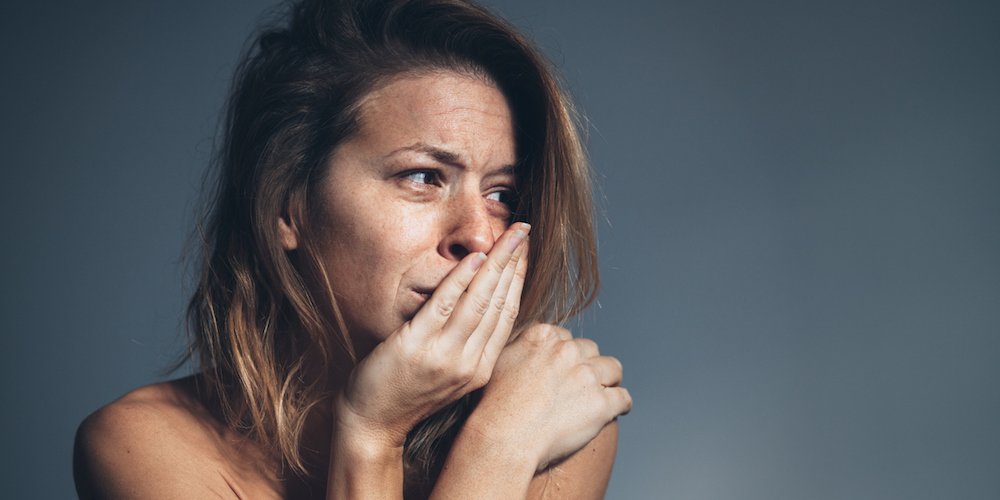Everyone has experienced feelings of shame at some time in their life, that painful feeling of humiliation when you know you’ve done something foolish. Shame is a difficult emotion, and most of us do what we can to avoid it. But in his new book, Shame, psychologist Joe Burgo shows us how we can use this feeling – which is an inevitable part of being human – as a tool for better understanding of ourselves and of our relationships with others.
Encounters with embarrassment, guilt, self-consciousness and remorse are an unavoidable part of everyday life, and they sometimes have lessons to teach us – about our goals and values, about the person we expect ourselves to be. “Shame can prompt us to make changes that will help protect our relationships and also preserve the fabric of society. It’s important to emphasise that shame is essential and has value,” says University of Alberta researcher Jessica Van Vliet “The problem is when people get paralysed with shame and withdraw from others. Not only can this create mental-health problems for people, but also they no longer contribute as fully to society.”
In Shame, Joseph Burgo takes a look at the full spectrum of shame – often masked by addiction, promiscuity, perfectionism, self-loathing, or narcissism – and offers a new, positive route forward on the road to better self-esteem.
“When people experience shame, they may say to themselves ‘I’m to blame, it’s all my fault, all of me is bad, and there’s nothing I can do to change the situation,'” says Van Vliet. “They identify so much with shame that it takes over their entire view of themselves. That leads to an overwhelming feeling of powerlessness.” However Burgo suggests that this often excruciating emotion tells us a lot about our own self-awareness, and should not always be considered a toxic influence in our lives.
Shame by Joseph Burgo (Pan Macmillan)







